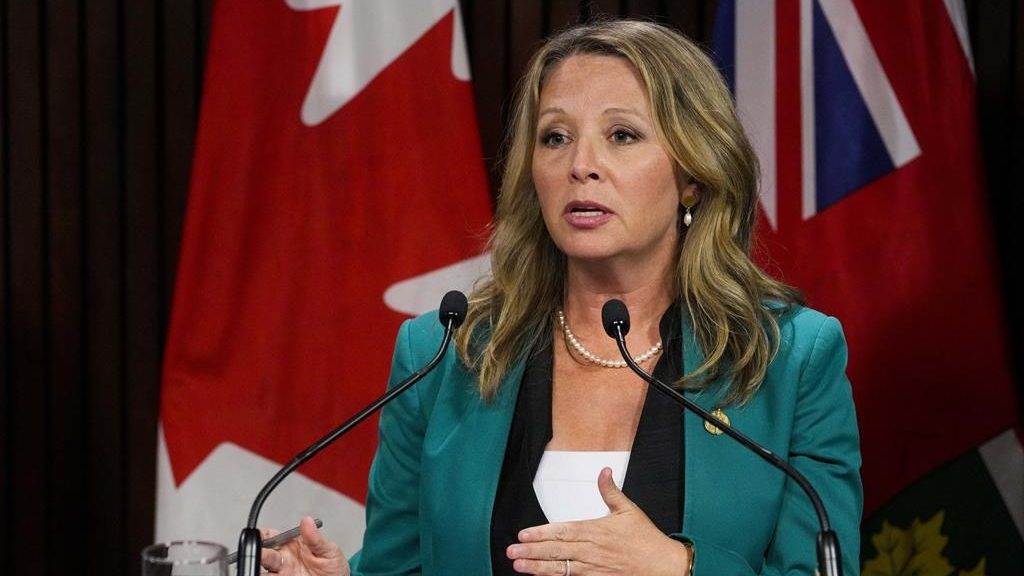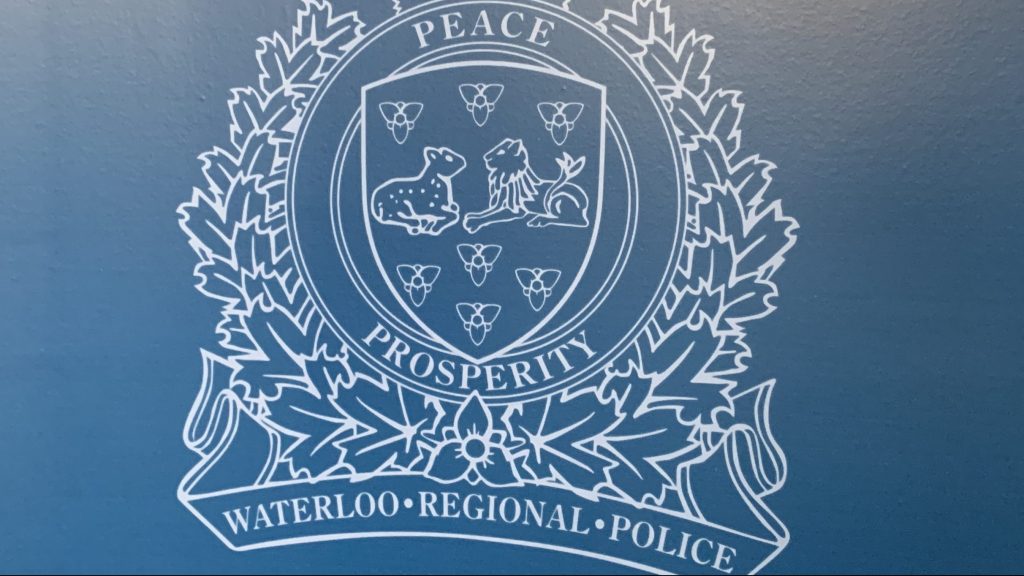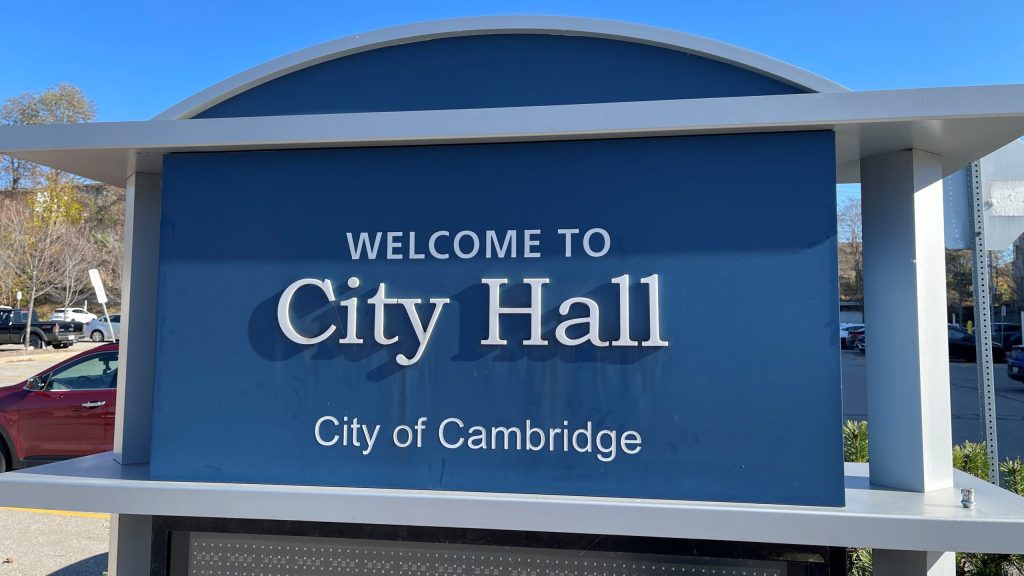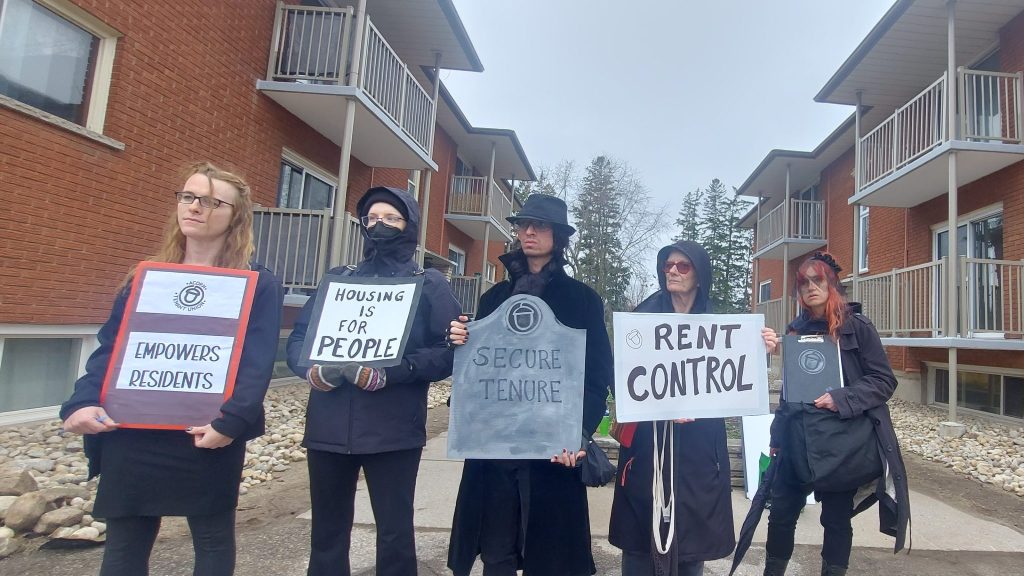Panama Papers: a look at the secretive world of offshore tax havens
Posted Apr 7, 2016 12:35:41 PM.
Last Updated Apr 8, 2016 09:17:55 AM.
This article is more than 5 years old.
The fallout continues from the Panama Papers, a massive data leak on the banking habits of some of the world’s wealthiest and most powerful people.
The findings — billions of dollars crossing borders, accounts and shell companies popping up in tax-friendly countries, and a blurring between what’s technically legal and what’s just hard to crack down on — have already led to public outcry, including most notably, calls for the resignation of Iceland’s and Great Britain’s prime ministers.
The problem, says James Thompson, an associate professor at the University of Waterloo’s School of Accounting and Finance, comes when corporations start booking profit in a country where “they’re not really earning it.”
“You’re simply booking that profit in the country because they have a lower tax rate,” Thompson adds, “and for example, here in Canada, if I set up a company in a lower tax jurisdiction and then send my profits there, I’m really cheating Canadian taxpayers.”
The leak, pored over by the International Consortium of Investigative Journalists, has put a spotlight on how some of the world’s rich and famous allegedly hide their wealth in offshore tax havens like the Cayman Islands and British Virgin Islands — a potentially lucrative arrangement for countries with friendlier tax rates.
“In a sense, those countries don’t have to do very much,” Thompson tells 570 News.
“Basically, people just move the money into that country, and then they take some off the top. There’s nothing really needed.”
“They each offer something a little bit different,” says Ling Chu, associate professor of taxation at the Lazaridis School of Business & Economics.
“[Certain countries] have secret bank accounts that provide the highest level of secrecy. No one will be able to trace the money. Luxembourg has private foundations that can be used to own shares of another corporation, adding another layer of secrecy. Cook Islands has private trusts.”
While some activity unearthed by the Panama Papers falls within what Chu describes as “aggressive tax planning” — within the law, but pushing the law to its limit — it can be a thin line between tax planning and tax evasion.
“This is done in a non-disclosed way — a secret way — so the national revenue wouldn’t know that the money has crossed the border to an offshore structure, and they can’t really trace that money,” Chu adds.
“That costs major loss of revenue.”
It’s something federal government is eager to put a stop to.
The latest budget tabled in March pegged over $440 million for the Canada Revenue Agency to fight tax evasion and aggressive tax avoidance.
According to Thompson, it poses a potentially major problem for countries:
“If wealthier citizens are not paying as much tax as they should, then the tax burden can fall on the rest of society, and I think, if we could get a better estimate in Canada, for example, on how much this is costing, I think taxpayers may wake up a little bit more on this.”










